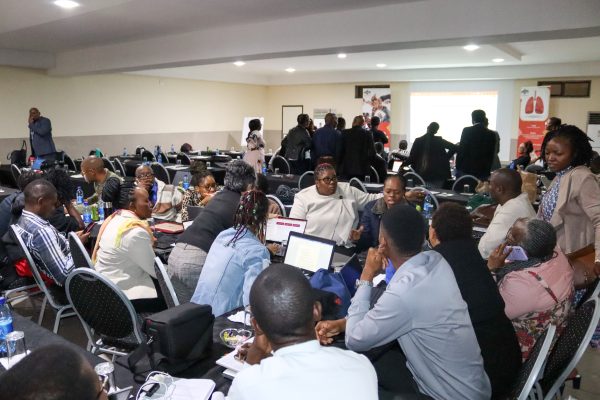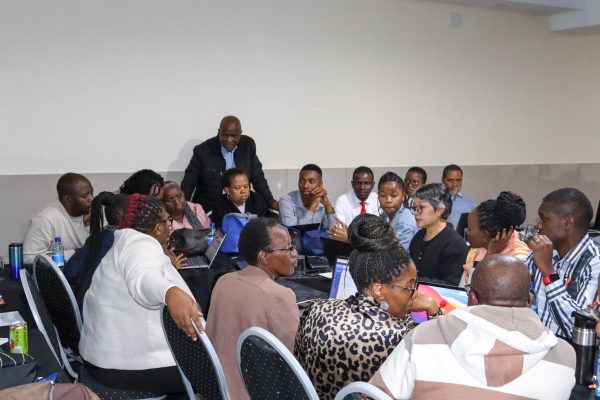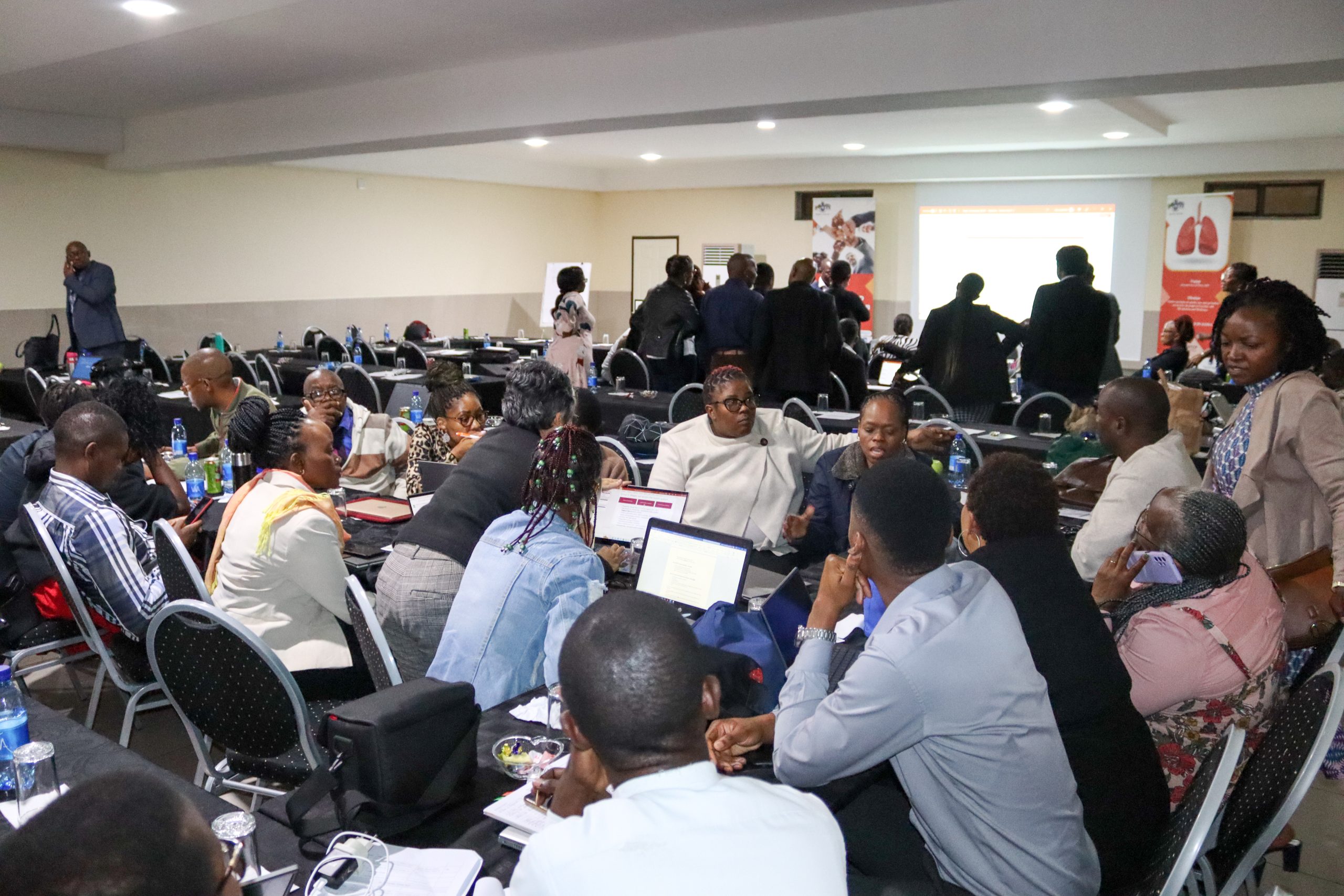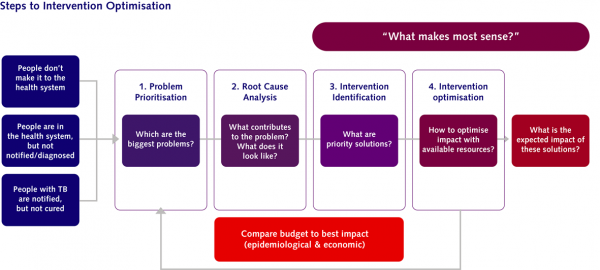
Workshop participants (TB and HIV stakeholders) identifying the causes of programmatic gaps as part of a break-out session
The Kingdom of Eswatini (formerly Swaziland) is holding a series of three stakeholder workshops in June and July 2023 as part of the development of Eswatini’s new 5-year TB and HIV National Strategic Plan (2023 – 2027). These workshops are part of the People-Centred Framework development roadmap and follow on from the Epidemiological and Program reviews completed in March 2023.
The aim of the workshops is to engage stakeholders and to identify, and prioritise, interventions to strengthen Eswatini’s TB and HIV program. These interventions will form a core element of Eswatini’s new TB and HIV National Strategic Plan, due to be completed in September 2023.
The ultimate goal of this initiative is to reduce TB incidence and mortality in Eswatini by 15% and 50%, respectively, by 2025.
80 persons attended the first stakeholder workshop, held on 12 – 16 June 2023. The participants included representatives from Eswatini’s National TB Control Program, the Swaziland National Aids Program (SNAP), the Eswatini Ministry of Health Planning Unit, the Clinton Health Access Initiative, civil society representatives, patients, and implementing partners. KNCV Tuberculosis Foundation facilitated the workshop.
The participants in this first workshop utilised the People-Centred Framework to identify, and understand the causes of, gaps in Eswatini’s TB and HIV programs. The participants then developed and prioritised interventions to address these gaps. The workshop focused on the needs and perspectives of persons living with TB and/or HIV who:
- do not access the health system;
- seek care but are not diagnosed or notified; and/or
- are diagnosed/notified with TB but are not successfully treated.
This first workshop identified strategic objectives for Eswatini’s TB and HIV National Strategic Plan for 2023-2025 and a set of prioritised interventions.
The second workshop, to be held in July 2023, will focus on refining these strategic objectives and high-level interventions.
The participants in the final workshop will model the impact and cost of the interventions. These interventions will then be prioritised based on this modelling and an assessment of the feasibility of each intervention.

Workshop participants discussing the root cause(s) of identified gaps in the national TB program
The People-Centred Framework for TB programming was jointly developed by the Bill and Melinda Gates Foundation, The Royal Tropical Institute Netherlands (KIT), the World Health Organization, Linksbridge, TB Modelling and Analysis Consortium, and refined by KNCV Tuberculosis Foundation.
The goal of the initiative is provide countries with the necessary tools and approaches to optimize their National Strategic Plans in line with the End TB Strategy, Sustainable Development Goals and country commitments. The framework is a process for country-level planning with four primary planning steps centred on answering the questions in the figure below:
The solutions identified through the framework are, subject to budgetary priorities, incorporated into the National Strategic Plans and specific interventions. The outcomes of the interventions are measured to determine the impact of each intervention.

